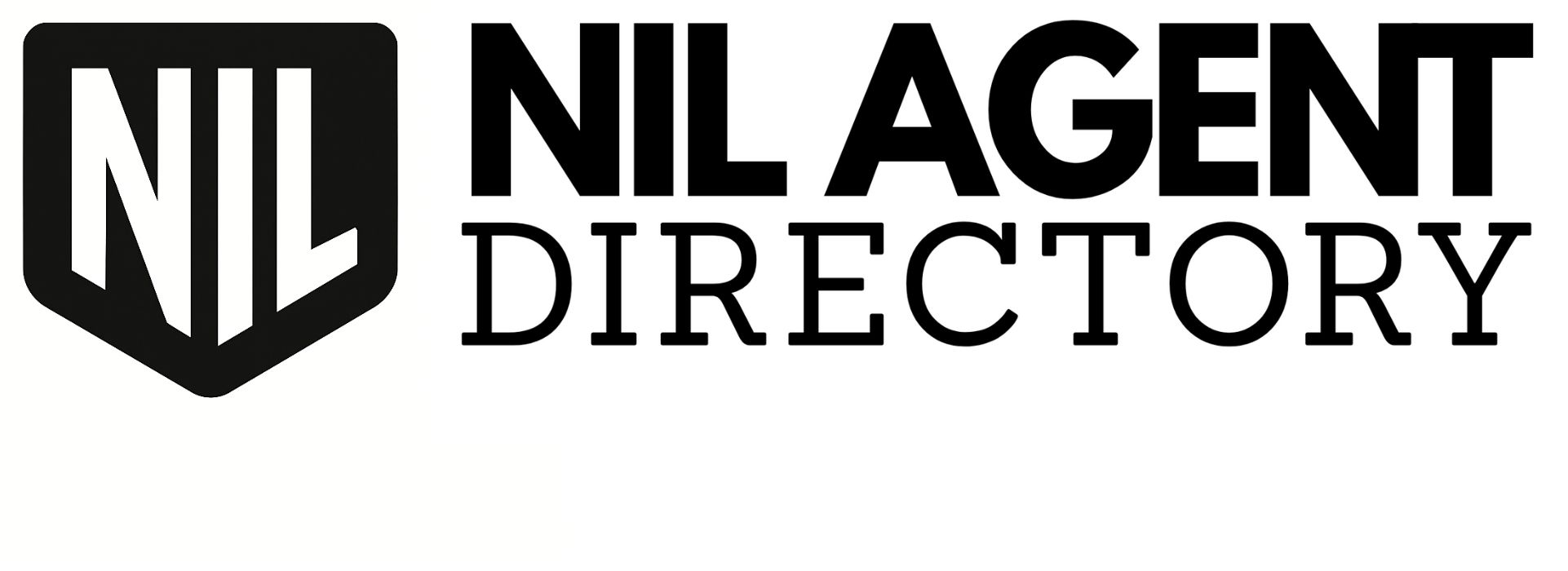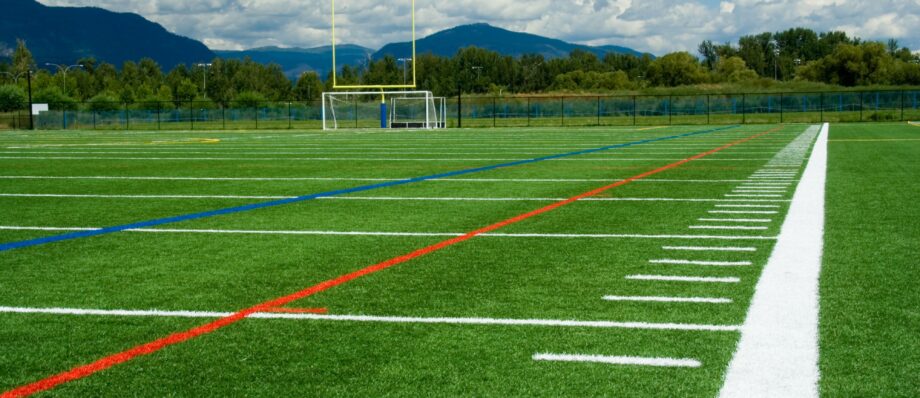Do You Really Need an NIL Agent? Here’s What Every Athlete Should Know
When the NCAA cleared the way for student-athletes to profit from their Name, Image, and Likeness (NIL), a new world of opportunities opened up overnight. Athletes suddenly had access to income streams ranging from social media sponsorships to merchandise sales, autograph signings, and endorsement deals. But with opportunity comes complexity — and for many athletes, the next question became: “Do I need an NIL agent?”
The answer isn’t a simple yes or no. Like choosing a coach, a major, or a team, deciding whether to work with an NIL agent depends on your goals, your knowledge base, and the opportunities in front of you. This article breaks down what every athlete should know before signing with an NIL agent — or deciding to go solo.
What Is an NIL Agent?
An NIL agent is a professional who helps athletes navigate the business side of their NIL opportunities. This can include:
- Negotiating deals and contracts
- Reviewing terms to protect your rights
- Connecting you with brands and campaigns
- Managing your schedule and media opportunities
- Offering guidance on taxes, business formation, and branding
- Ensuring NCAA/state compliance and avoiding eligibility issues
They are not the same as sports agents who negotiate pro contracts, but they serve a similar purpose — protecting and promoting your interests in the NIL marketplace.
Signs You Might Need an NIL Agent
Here are a few situations where partnering with an agent could make a big difference:
1. You’re Getting Offers You Don’t Fully Understand
If you’re being approached by brands, agents, or companies offering deals with confusing contract terms, it’s risky to sign anything without professional guidance. One wrong signature can cost you eligibility, money, or legal headaches.
2. You’re Short on Time or Business Know-How
Balancing practice, academics, and NIL responsibilities can be overwhelming. An agent can help manage your calendar and deal flow so you can focus on performance — not paperwork.
3. You’re Building a Personal Brand That Could Grow Nationally
If you’re building a strong following on social media, landing press coverage, or gaining national attention, an agent can help you scale your brand beyond your local reach — and do it professionally.
4. You’re Signing Multi-Deal or Long-Term Partnerships
When contracts are no longer one-time, one-off payments, but start including performance bonuses, renewals, or exclusivity clauses, you need someone in your corner who understands industry standards and legal protections.
When You Might Not Need an Agent
While agents can be extremely helpful, not every athlete needs one right away. Some situations where you might wait:
1. You’re Managing a Few Small Deals Yourself
If your NIL activity includes occasional social media posts or local business shoutouts and you’re comfortable reading the terms, you might not need an agent yet.
2. You Prefer to Learn by Doing
Some athletes enjoy managing their own business and are confident negotiating deals or using platforms like Opendorse, MarketPryce, or MOGL. With the right education and caution, you can represent yourself effectively — especially early on.
3. Your School Provides Strong NIL Resources
Many schools have compliance officers, in-house NIL support, or partnerships with marketplaces that help streamline the NIL process. If your school is hands-on, you may be able to go further without an agent — for now.
The Pros and Cons of Hiring an NIL Agent
| Pros | Cons |
|---|---|
| Professional deal negotiation | Agent fees (typically 10–20%) |
| Legal protection and compliance support | Potential for bad or unqualified agents |
| Saves you time and energy | May lock you into contracts you don’t fully understand |
| Can connect you with better deals | You may rely too much and lose learning opportunities |
| Helps grow your brand long-term | Not all agents understand your sport or market well |
How to Vet an NIL Agent
Not all agents are created equal. Before you sign:
- Ask for a résumé: Have they represented other athletes? What kind of deals have they negotiated?
- Check credentials: Are they certified in your state? Are they a licensed attorney, marketer, or former athlete themselves?
- Review the contract: How long is the agreement? Is it exclusive? How do you terminate it if things don’t work out?
- Ask about fees: Standard commission is usually between 10–20%. Be wary of agents asking for upfront payments.
- Talk to other athletes: Use directories like NILAgentDirectory.com to read reviews and ratings from fellow athletes.
What If I Choose to Go Solo?
If you decide not to work with an agent (at least for now), that’s okay — just be strategic.
- Get educated: Learn about contracts, taxes, and branding. Don’t sign anything without understanding it.
- Use platforms: Many NIL marketplaces provide templates and tools to help athletes self-manage deals safely.
- Build a support team: Even if you don’t have an agent, consider talking to a CPA, an attorney, or a NIL mentor who can help review offers and answer questions.
- Track everything: Log your income, save your contracts, and stay in compliance with your school and NCAA rules.
Final Thoughts
Whether you need an NIL agent depends on your situation, not your sport. The most important thing is to protect your value, your eligibility, and your future.
For some athletes, an agent is a game-changer. For others, it’s something to revisit later — once the deals get bigger or the responsibilities pile up. What matters most is that you stay in control of your NIL journey. Know your worth, ask smart questions, and don’t be afraid to say “not yet” or “I need help.”
Because at the end of the day, NIL isn’t just about getting paid — it’s about building something bigger than the game.

